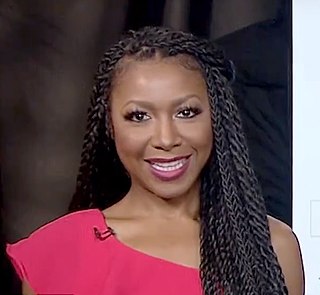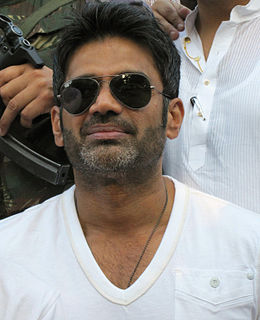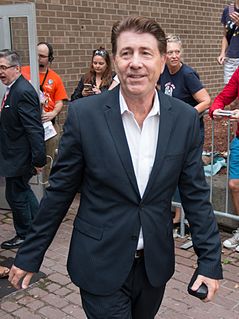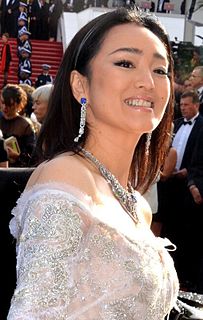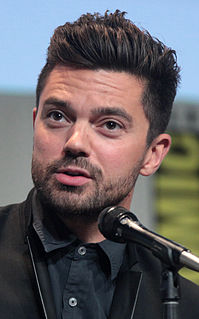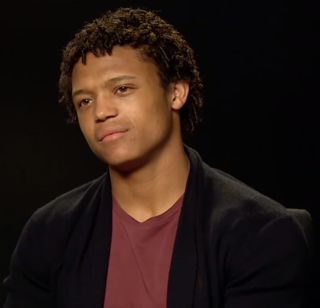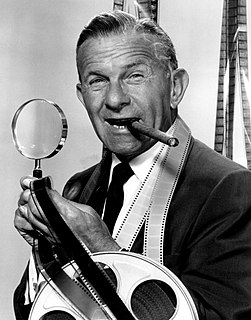A Quote by Pratik Gandhi
The script should be exciting enough for me to play the character.
Related Quotes
People say that you want to be varied in your career, and I've done so many things and am very appreciative. But, the one thing I've never done and wanted to do was to be a regular on a TV show, where you get 22 weeks of the year to develop and play a character. I've done arcs of five or eight episodes on shows, but I'd like to have a character that's rich enough and deep enough to want to explore and live with for a few years. Playing the same character, but doing different scenes seems very exciting to me.
I have been waiting around to get the right script and the right director. For example, in the past, if a Hollywood director came to me with a script and wanted me to play a character, and she was a stereotypical Asian woman who gets into a fight and gets killed off quickly, that didn't seem to have much interest for me.
Becoming the character you are playing might work for some, but for me, it doesn't. I always maintain a gap between myself and my character because if I will go so deep into it, it will get difficult for me to come back. You should work towards understanding the psyche of your character and then play it.

